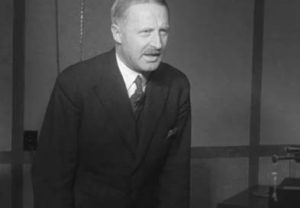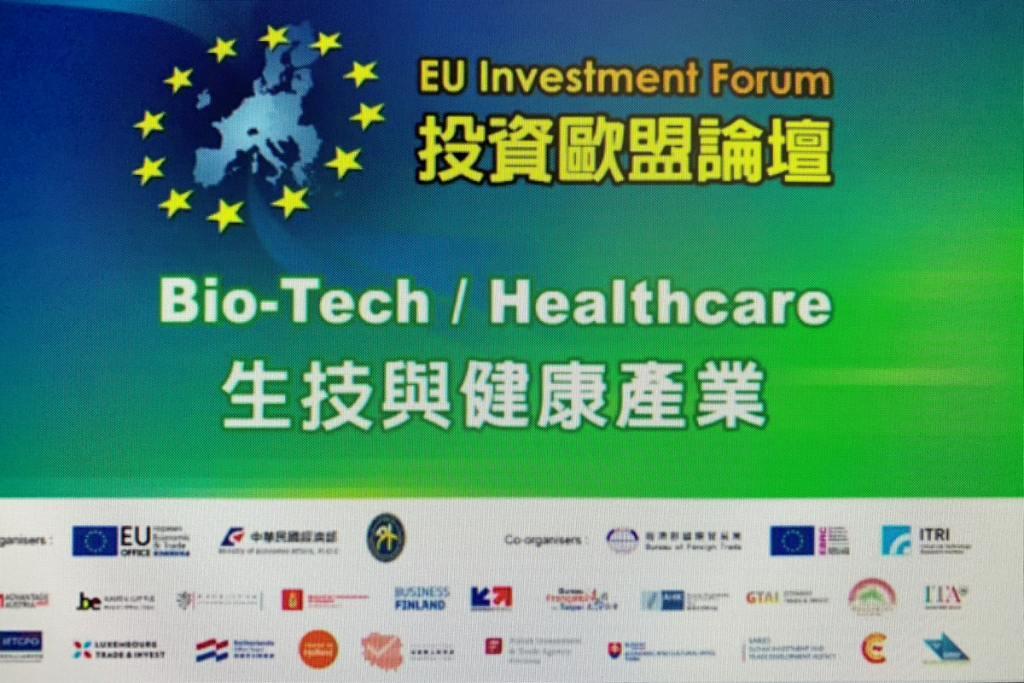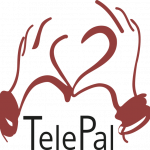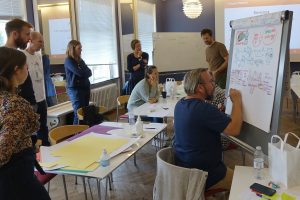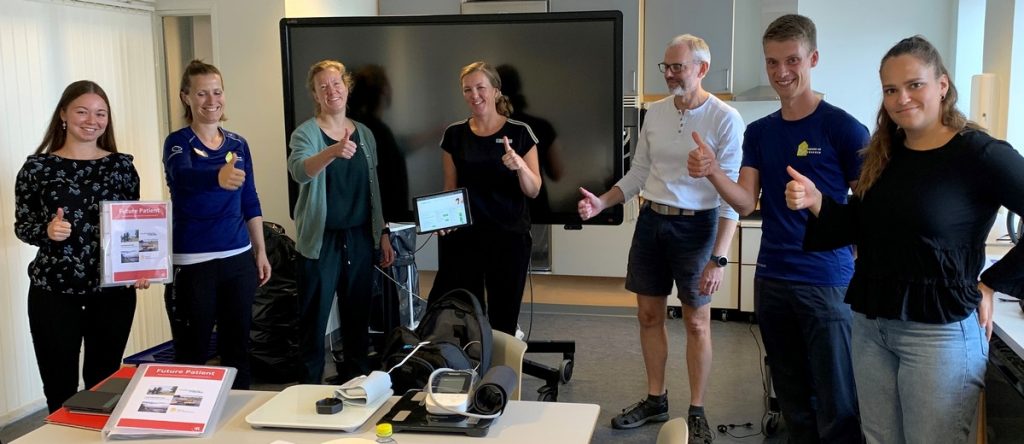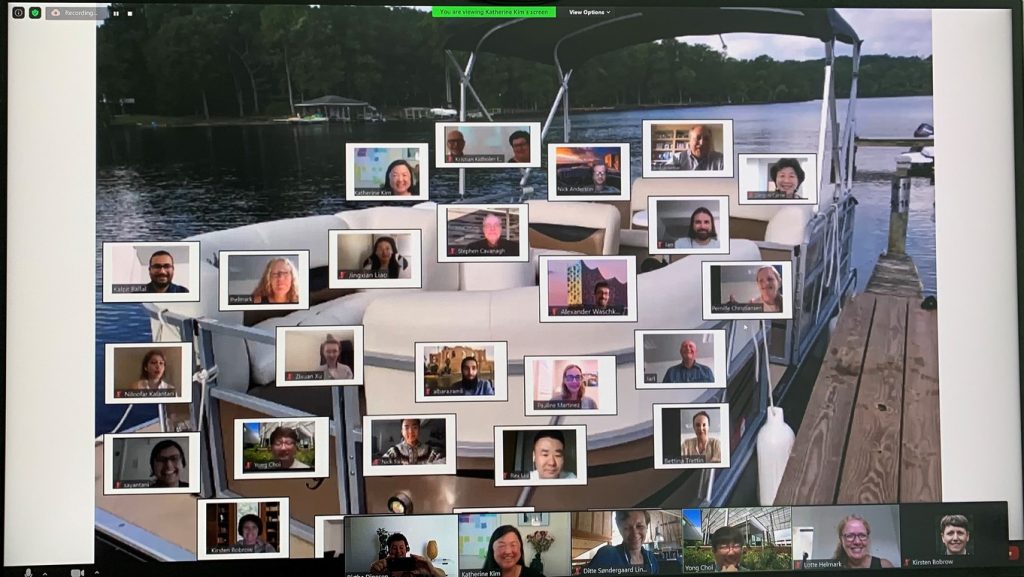Professor Birthe Dinesen holder oplæg tirsdag d. 27. oktober 2020 på den 13. nationale rehabiliteringskonference: ”Nye perspektiver på digitalisering i rehabilitering – kræver det en pandemi for at se nye muligheder og udfordringer i rehabilitering?
Oplægget hedder: ”Fra Kaptajn Jespersen til digital rehabilitering i morgendagens sundhedsvæsen”
Kaptajn Jespersen fik sat gang i træning i hjemmet via Statsradiofonien i 1927 med programmet Morgengymnastikken, hvor han animerede lytterne til gymnastiske øvelser af hensyn til disses sundhed og figur samt for at undgå blødagtighed.
Kaptajn Jespersen er et eksempel på, at man ved hjælp af teknologi kan nå en bred gruppe danskere til træning i hjemmet.
I dag taler vi om digital rehabilitering og telerehabilitering. Spørgsmålet er, hvordan patienter og sundhedsprofessionelle
oplever dette? – I oplægget vil professor Birthe Dinesen fortælle om forskningsresultater på området.

